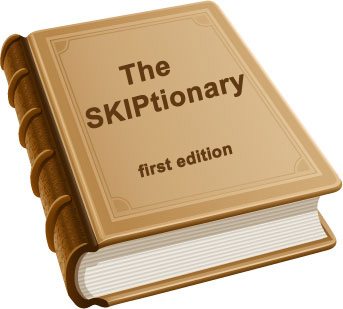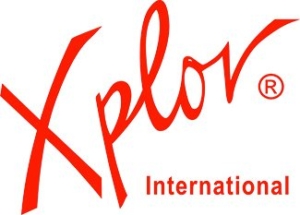What is a document?
A few years ago I was writing an article on the document industry. As I sat in my office my daughter, who was about six at that time, asked me what I was doing. When I told her that I was writing something for a magazine about the document industry, she asked me what a document was.
It’s funny, but until that moment I really did not give much thought to it, but with all that was happening with technology did we really know what our industry defines as a document?
I quickly gathered a few items, a CD, magazine, newspaper, an old spreadsheet and a picture and then asked her “what do you think is a document?” She gazed at the items for a few seconds and pointed to the spreadsheet, with a big smile on her face, proclaiming “that one!”
When I asked her why, she replied “That is a CD, that is a magazine, a newspaper and a picture, and I didn’t know what to call that” pointing to the spreadsheet.
Made me smile, and think at the same time “what really is a document”? That was three years ago. Well, I began my book “The Future of the Document Industry” and the definition is paramount to the content of the book, so I needed to give it another go.
I decided the best place to start is looking it up in the dictionary, which in itself is an interesting exercise. I consulted the 1913 webster dictionary. I thought I would read the classic definition of a “paper document” but Mr. Webster was actually pretty smart leaving open the doors for the future. Interesting was the use of the phrase “or other instrument conveying information in the case;”
Websters 1913 dictionary:
doc´u`ment – Pronunciation: dǒk´ũ`ment An original or official paper relied upon as the basis, proof, or support of anything else; – in its most extended sense, including any writing, book, or other instrument conveying information in the case; any material substance on which the thoughts of men are represented by any species of conventional mark or symbol.
Saint Luke . . . collected them from such documents and testimonies as he . . . judged to be authentic
I then proceeded to a more contemporary source, the WordNet dictionary. A bit more progressive, but still limited. (Not as good as Webster in my opinion)
WordNet Dictionary
Document – writing that provides information especially official nature, anything serving as a representation of a person’s thinking by means of symbolic marks, a written account of ownership or obligation, computer science) a computer file that contains text (and possibly formatting instructions) using 7-bit ASCII characters.
Then I ventured to the “hip” up to date Wikipedia …. And really was disappointed
Wikipedia
document is a work of non-fiction writing intended to store and communicate information, thus acting as a recording. Documents are often the focus and concern of business administration and government administration. The word is also used as a verb as “documenting” describes the process of making a document.
The term document may be applied to any discrete representation of meaning, but usually it refers to something physical like one or more printed pages, or to a “virtual” document in electronic (digital) format
Technology and changes in human behavior have re-defined what a document is and I believe conventional sources do not capture the changes our industry has undergone. And according to Skip, the dictionary, I define it as:
A document is anything that contains and/or conveys data, facts, thoughts, images or ideas using any media including but not limited to: paper, pictures, video, audio, touch or smell.
What is your definition of a document?
